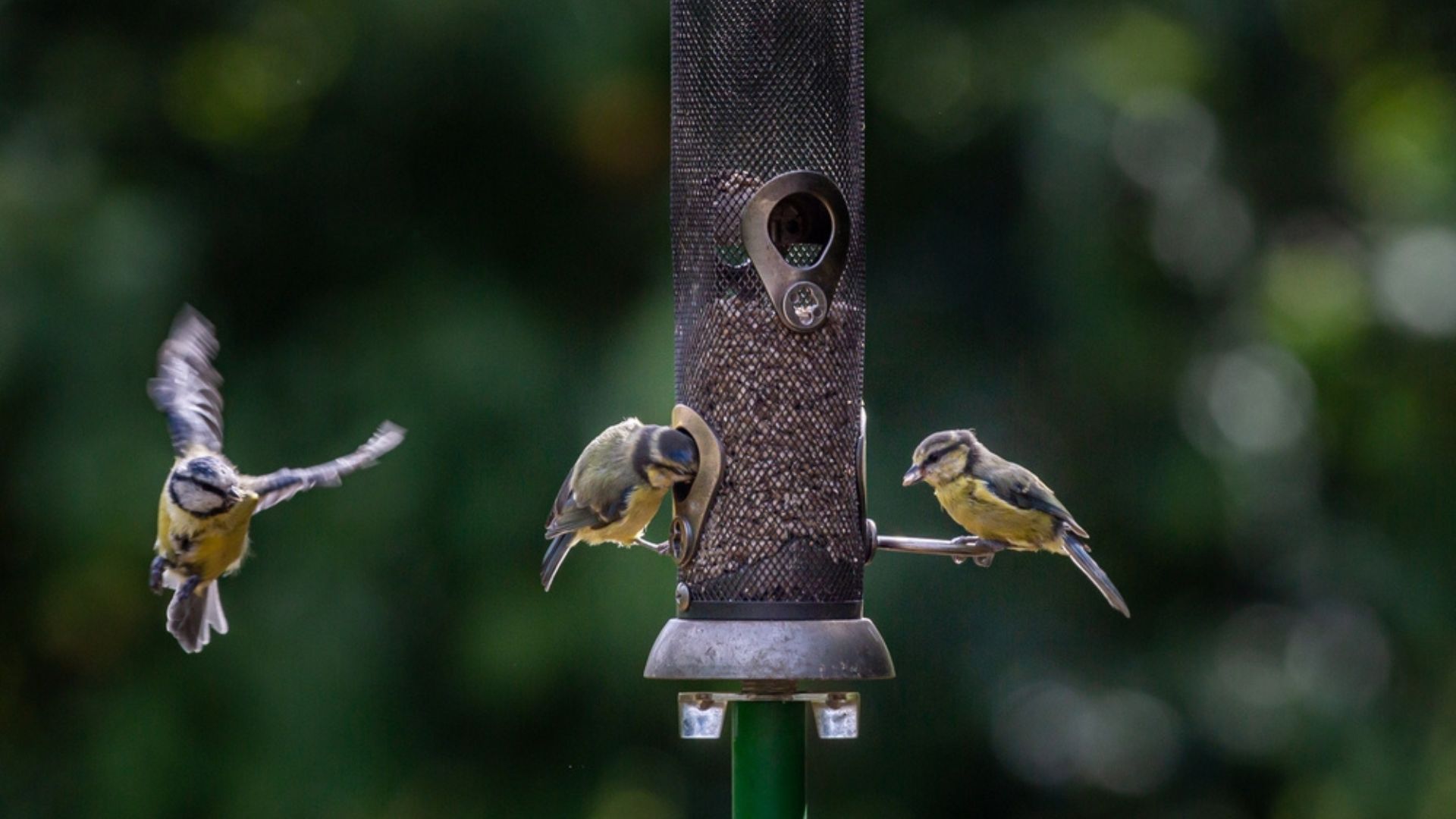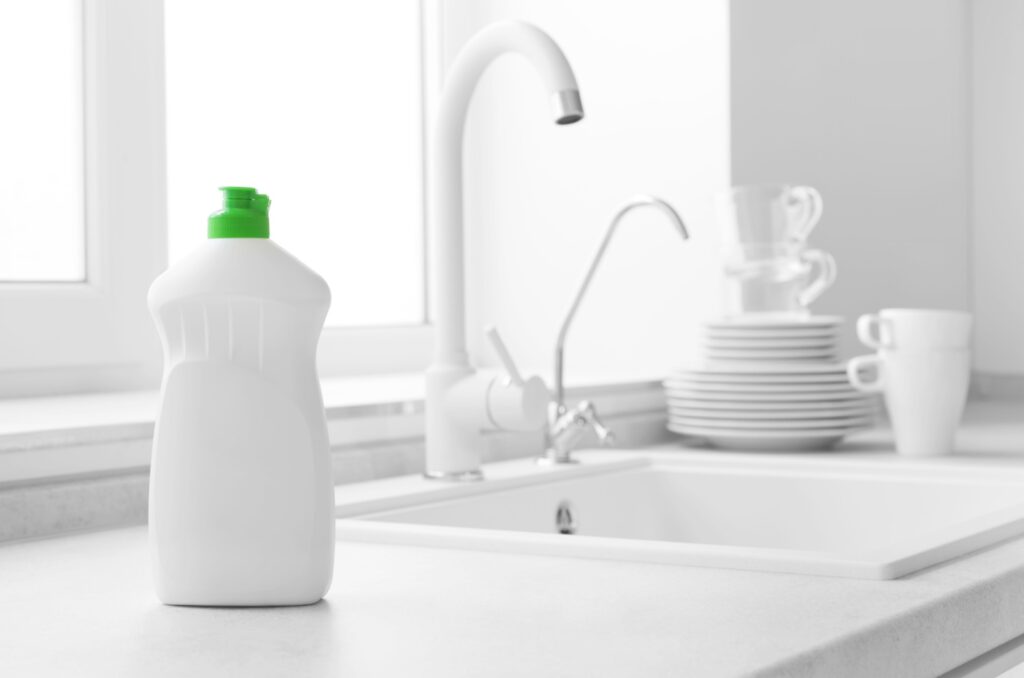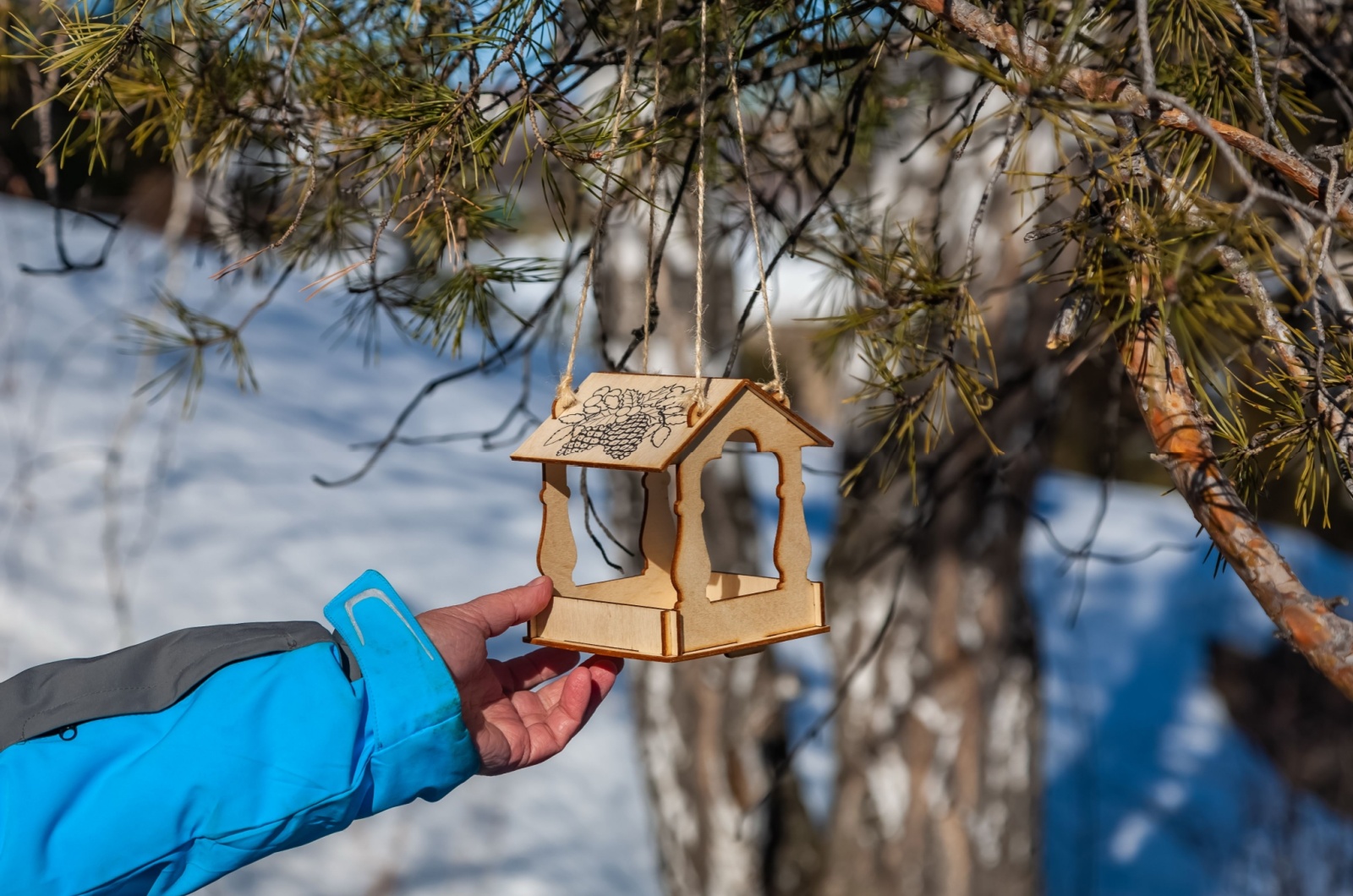Nothing can lift my mood like seeing birds flying over my yard. Not to mention the excitement I feel when they come by and spend some time there.
If you’re into bird watching, then you must have a bird feeder. And if you have a bird feeder, you must clean it. I suppose no one enjoys the latter but it’s inevitable.
You may think birds won’t mind as long as there’s food, but don’t underestimate these creatures. They also don’t like dirt, and don’t forget they leave their droppings. I guess you get the picture now.
Some people use only water when cleaning their bird feeders. But I always thought it wouldn’t give me, you know, a very clean effect. Honestly, I was afraid to use anything else because I know birds have sensitive respiratory tracts.
Soap would be the most obvious solution but it contains chemicals, right? So, can you actually use soap for cleaning a bird feeder?
Yes, But Always Opt For A Mild Soap
If your birdfeeder is very dirty and water doesn’t seem enough, a MILD soap can help you. Mild is in capital letters for a reason, because any soap with a high concentration of chemicals can harm birds.
The famous Dawn soap is your safest option and is approved by International Bird Rescue. When cleaning your bird feeder, make sure you rinse it thoroughly until all residue is eliminated.
What About A Dishwasher?
And now the question I frequently get: is it safe to use a dishwasher to clean bird feeders? The general answer is no. There’s always a possibility that some germs spread to the dishware you use.
Additionally, the majority of dishwasher detergents are pretty high in chemicals, so you can’t guarantee they won’t get on the feeder.
I said the general answer is no and, if you aren’t concerned about the things I listed above, you can wash the feeders this way.
However, pay attention to a few things if you decide on this solution:
• Always wash bird feeders alone, separately from your dishware.
• Use the hot temperature cycle to destroy as many germs as possible.
• Do not put the plastic parts of the feeders on the bottom rack of your dishwasher because high temperatures can quickly melt them.
• Always rinse all the parts of your bird feeder thoroughly after you unload your dishwasher.
Honestly, these ‘rules’ are pretty complicated for me, so I always go with the standard procedure, water for slightly dirty and mild dish soap for extremely dirty feeders.
And This Is The Best Way To Do It
We covered the soap part, and now I would like to show you the best method for cleaning bird feeders.
1. Your first step should be to remove all the seeds from the feeders and dispose of them.
2. Fill a basin (or anything similar) with hot water and add a few drops of the selected soap.
3. Scrub all the parts of your feeder thoroughly using an old toothbrush. You can also go with a bristle bottle brush. Now, empty the dirty water and rinse everything thoroughly!
4. This one is optional but I always sterilize my feeders. I dilute 1 part bleach in 9 parts water and pour it into a basin. Then I add all the parts of the feeder and let them soak. After everything is air-dried, I put the pieces together and, voila, clean and bacteria-free!
Another way to sterilize your feeders is by soaking them in 2 parts water and 1 part vinegar.
I typically sanitize my bluebird feeders every two weeks. You can use this timing for other feeders, except for hummingbird feeders which need cleaning more frequently.
If you also add sugar water to your hummingbird feeders, you should clean them often since they’re more susceptible to mold and bacteria. Twice a week works perfectly!
And one more thing! Don’t forget to clean the nozzles! They also contain a lot of buildup and need deep cleaning. Cotton swabs are lifesavers
Remember, a clean bird feeder not only attracts more birds but also keeps them chirping in good health! Grab that (mild) soap and make your backyard a safe haven for your feathered friends!



